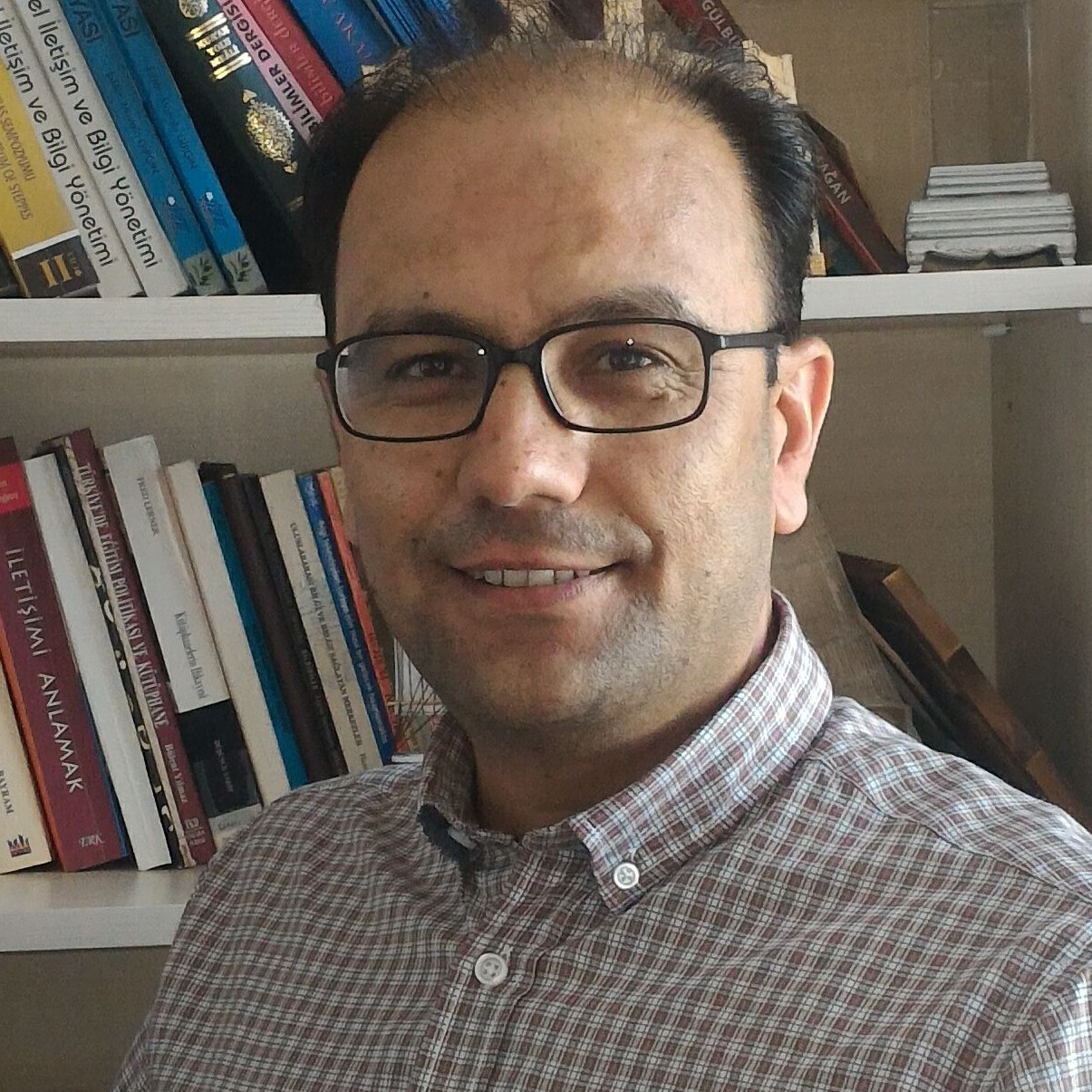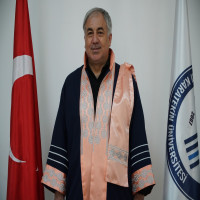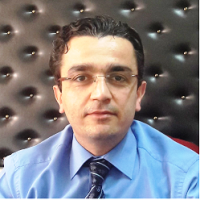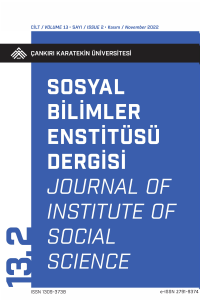Research Article
Issue Editorial Board



 0000-0002-8285-7969
0000-0002-8285-7969
Aim & Scope
The purpose of the Journal of the Institute of Social Sciences (JISS/SBED) is to provide academic studies in a scientific framework which are prepared in the fields of social sciences such as language, literature, history, education, sociology, philosophy, economics, business, politics, communication.
Çankırı Karatekin University Journal of Institute of Social Sciences (CAKU JISS) is a publication of Çankırı Karatekin University Institute of Social Sciences. CAKU JISS is a refereed journal which is published twice a year (April, November). CAKU JISS covers all kinds of work in the field of Social Sciences. The journal covers theoretical and analytical studies. All articles submitted to the journal are evaluated by at least two independent referees. The accepted languages of the published articles in the journal is Turkish and English.
Author Guidelines
JISS Writing Rules. (Türkçe-English).
Ethical Principles and Publication Policy
PUBLICATION POLICY
The articles sent to Çankırı Karatekin University Journal of Institute of Social Sciences are firstly examined in terms of writing rules and ethical principles during the preliminary review process. Articles that are found to be in compliance with the publication policies of our journal are directed to the referees. Blind refereeing rules are applied in the refereeing process. Articles for which revisions are requested in peer-review reports are forwarded to the authors to complete the revisions. The article is sent to the referees who want to re-evaluate after the revision. As a result of the referee evaluations, the articles that are approved for publication by at least two referees are included in the publication process.
PUBLICATION ETHICS
The publication processes implemented in the Çankırı Karatekin University Journal of Institute of Social Sciences form the basis for the development and distribution of information in an impartial and respectable manner. The processes implemented in this direction are directly reflected in the quality of the work of the authors and the institutions that support the authors. Peer-reviewed studies are studies that embody and support the scientific method. At this point, it is important that all stakeholders of the process (authors, readers and researchers, publisher, referees and editors) comply with the standards for ethical principles. Within the scope of publication ethics of the Journal of the Institute of Social Sciences, all stakeholders are expected to bear the following ethical responsibilities.
The ethical duties and responsibilities listed below have been prepared as open access, taking into account the guidelines and policies published by the Committee on Publication Ethics (COPE).
writers
o It is the author's responsibility to ensure that the submitted article will contribute to academic fields.
o Studies must be original and based on research.
o Although the plagiarism screening will be done by the journal, the consequences of plagiarism, which is academic dishonor, will be entirely directed to the author.
o The article should not be sent to different journals at the same time and should not have been sent to another journal before.
o It should be ensured that other authors whose names will be written in the article contribute to the research.
o It is against scientific ethics to show non-academic contributors as additional authors or to rank authors based on non-scientific criteria such as title, age and gender, regardless of the order of contribution.
o It is assumed that the authors who submit articles to the journal have read and accepted the publication and writing principles of the journal, and the authors are deemed to have committed to what is expected of them in these principles.
o Citations and bibliography must be complete.
o Authors should take into account the Scientific Research and Publication Ethics Directive, which is also stated by the Council of Higher Education.
Referees
o Referees should act with the awareness that they are the main determinants of the academic quality of the article to be published in the journal, and should evaluate with the responsibility of increasing the academic quality.
o Reviewers should only accept refereeing of articles for which they have the necessary expertise to conduct an appropriate evaluation, can observe the confidentiality of blind peer review, and keep the details of the article confidential at all times.
o After the article review process, any information about the reviewed article should never be shared with others.
o Reviewers should only evaluate the accuracy of the content of the articles and their compliance with academic criteria. The fact that the opinions expressed in the article are different from the opinions of the referee should not affect the evaluation.
o Referee reports should be objective and measured. Insulting, derogatory and accusatory expressions should definitely be avoided.
o Referees should avoid superficial and vague expressions in their evaluation reports. In the evaluations with negative results, the deficient and faulty points on which the result is based should be shown in a concrete way.
o The referees should evaluate the articles within the time allotted to them. If they are not going to review, they should notify the journal within a reasonable time.
Editors
o Editors should accept articles that will contribute to the relevant fields specified in the journal policy to the evaluation process.
o Editors should not have any conflict of interest/relationship with accepted or rejected articles.
o Editors have full responsibility and authority to accept or reject an article.
o It is the editors' responsibility to keep the names of the referees and authors mutually confidential.
o Editors should make every effort to screen for plagiarism of articles submitted for publication and thus to prevent academic dishonesty.
o It is the duty of the editors to complete the preliminary review, refereeing, editing and publishing processes of the articles submitted to the journal in a timely and healthy manner.
o Editors should prioritize academic concerns and criteria when accepting articles for the journal.
Similarity Report / Plagiarism Scan
Articles submitted for publication to the Journal of the Institute of Social Sciences are subject to double-blind peer-review evaluation by at least two referees. In addition, it is confirmed that the articles have not been published before and do not contain plagiarism, through the iThenticate or Turnitin program used for plagiarism detection. Studies in which plagiarism is detected are rejected by the Social Sciences Institute Journal Editorial.
ETHICS COMMITTEE PERMISSION
ULAKBİM (TR Index) has added some articles about ethical rules to its 2020 criteria. These regulations are summarized below. Please send your candidate articles by editing them according to these articles. Our authors are required to provide the relevant documents for their studies that require ethics committee approval and upload them to the system with their studies.
1. "Ethics Committee Permission" is required for all kinds of research conducted with qualitative or quantitative approaches that require data collection from the participants by using survey, interview, focus group work, observation, experiment and interview techniques.
2. In the articles, it should be stated whether ethical committee permission and/or legal/special permission is required. If it is necessary to obtain these permissions, it should be clearly stated from which institution, on what date and with which decision or number number the permission was obtained.
3. "Ethics Committee Permission" is required for research in which humans and animals (including material/data) are used for experimental or other scientific purposes.
4. If the study requires the use of human or animal subjects, international declaration, guide, etc. should be declared appropriate.
5. "Ethics Committee Permission" is required for clinical studies on humans and studies on animals.
6. In accordance with the law on the protection of personal data, "Ethics Committee Permission" is required for retrospective studies.
* Non-university researchers can also apply to the Ethics Committees in their regions.
ACCESS INFORMATION
Researchers who want to contribute an article to Çankırı Karatekin University Journal of Social Sciences Institute can access it from the link https://dergipark.org.tr/tr/pub/jiss. In addition, for all kinds of problems and information sharing, they can contact sbedergi@karatekin.edu.tr e-mail address.
Journal of Çankırı Karatekin University Institute of Social Sciences
Rectorate Institutes Building Yeni Mahalle, 15 July Martyrs Boulevard No:10 18200 Center / ÇANKIRI
sbedergi@karatekin.edu.tr
0 (376) 213 26 26 ext 4218 // 4204 // 4045
Price Policy
No fee is charged for article submission, article processing and publication. Internet access to full texts in Turkish and English is free of charge.

Bu eser Creative Commons Atıf 4.0 Uluslararası Lisansı ile lisanslanmıştır.

